Calcium is an essential electrolyte. It is the most abundant nutrient in the body. Ninety-nine
percent of the calcium is stored in bones and teeth. For decades, dietary and supplemental
calcium intake has been promoted because of its benefits for bone health and the prevention of osteoporosis.
It is also an essential requirement for numerous other physiological functions such as skeletal, smooth, and heart muscle contraction and relaxation, blood vessel constriction and expansion, heartbeat regulation, blood clotting, maintenance of blood pressure, nerve signal conduction, protein function, and hormone regulation. Unfortunately, too much of a ‘good thing’ can be bad too, as scientific and clinical trials have recently discovered.
An increasing number of clinical trials have discovered that calcium supplementation may be
strengthening our bones at the expense of heart health. A dose of 1000 mg or more per day for a longer period of time may be associated with heart problems, kidney stones, prostate cancer and digestive problems. According to the largest study conducted in 2013 by the National Institute of Health, USA, a high intake of supplemental calcium is associated with a 20% higher risk of heart disease death in men but not in women and 27-31% heart attacks regardless of gender.
The reason is that the calcification of atherosclerotic plaques is responsible for arterial
‘hardening and blockages’ that increase the risk of heart attack or stroke. Therefore, calcium
supplementation should be taken with care under the supervision of a family physician/health care practitioner, only when the body demands or deficiency occurs in certain medical conditions. Adequate calcium levels are essential for normal physiological functions but in excess, it may create many serious health issues.
The regulatory bodies all over the world have recommended that calcium must be obtained from the diet whenever possible. However, when dietary calcium is lacking or needed, a calcium supplement may bridge the gap.
-
 Nutra-V LoChol Forte Rx (Total Cholesterol Control) 100% natural ingredients + Vitamins + Minerals. Non-GMO. 120 Veggie Capsules. Made in CanadaProduct on sale₹2,925.00
Nutra-V LoChol Forte Rx (Total Cholesterol Control) 100% natural ingredients + Vitamins + Minerals. Non-GMO. 120 Veggie Capsules. Made in CanadaProduct on sale₹2,925.00 -
 Nutra-V Livgard Forte Rx (Total Liver Health) 100% Natural Ingredients + Vitamins + Minerals. Non-GMO. 120 Veggie Capsules. Made in CanadaProduct on sale₹2,655.00
Nutra-V Livgard Forte Rx (Total Liver Health) 100% Natural Ingredients + Vitamins + Minerals. Non-GMO. 120 Veggie Capsules. Made in CanadaProduct on sale₹2,655.00
Calcium Supplementation with Cofactors (Vitamins- D and K2)
It should be noted that ideal calcium supplementation is one that is formulated not only with a
low dose of calcium but includes the most important complementary co-factors necessary for maintaining bone health and reducing the risk of osteoporosis. These cofactors are vitamins D and K2. Vitamins D and K2, both are fat-soluble vitamins and play a central role in calcium metabolism.
Vitamin D helps the intestine to absorb calcium and vitamin K2 particularly helps to
protect the heart from the dangers of the deposition of calcium in arteries thereby reducing
the calcification of atherosclerotic plaques and the hardening of arteries. Vitamin K2 also helps the hormone, osteocalcin, encouraging circulating calcium to bind to the bone. It also plays an important role in the formation of new bone and may help prevent osteoporosis. Animal and human studies suggest that optimal concentrations of both vitamin D and K2 are beneficial for bone and heart health.
Also Read: 6 Essential Electrolyte Minerals For Vital Health
Good Food Sources of Calcium
Good food sources of calcium are milk and dairy products, soybeans, black beans, kidney beans, lentils, tofu, broccoli, kale, okra, figs, oranges, almonds, nuts and fish.
References
- Mao et al. 2013. Effect of calcium or vitamin D supplementation on vascular outcome; a meta-analysis of randomized controlled trials. Int J Cardiology. 169; 106-111.
- Daly and Ebeling, 2010. Is excess calcium harmful to health? Nutrients. 2;505-522.
- Xiao et al. 2013. Dietary and supplemental calcium intake and cardiovascular disease mortality. The National Institutes of Health – AARP diet and health study. JAMA Intern Med. 173;639-646.
- Bolland et al. 2011. Effect of calcium supplements on risk of myocardial infarction and cardiovascular events; meta-analysis. BMJ. 341;3691-3699.
- Adriane et al. 2017. The Synergistic Interplay between Vitamins D and K for Bone and Cardiovascular health: A Narrative Review. Int J Endocrinol. Published online. 2017:7454376.
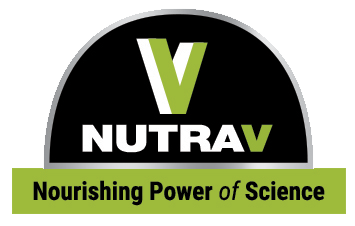

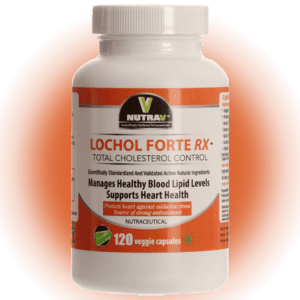
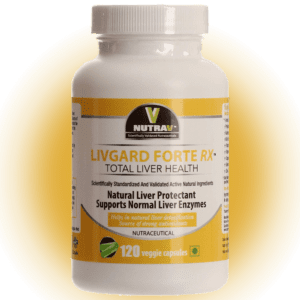
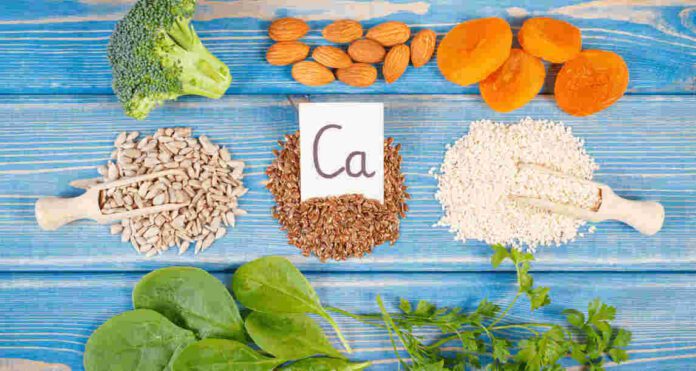
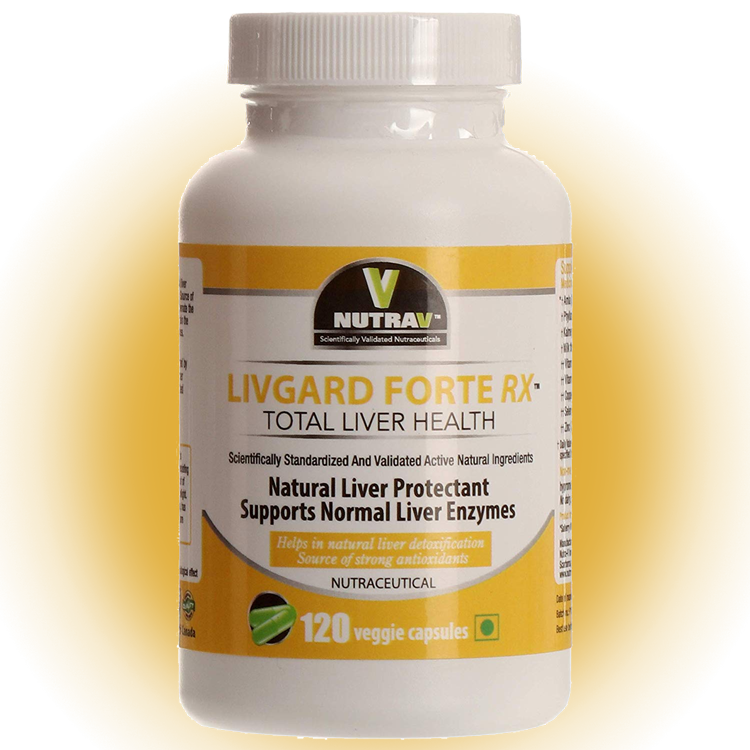
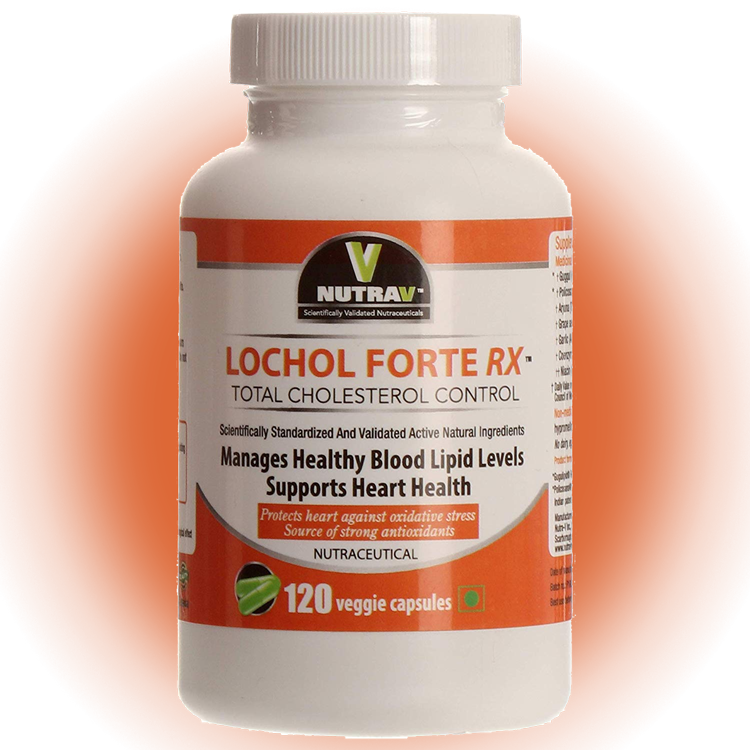
 All rights reserved.
All rights reserved.